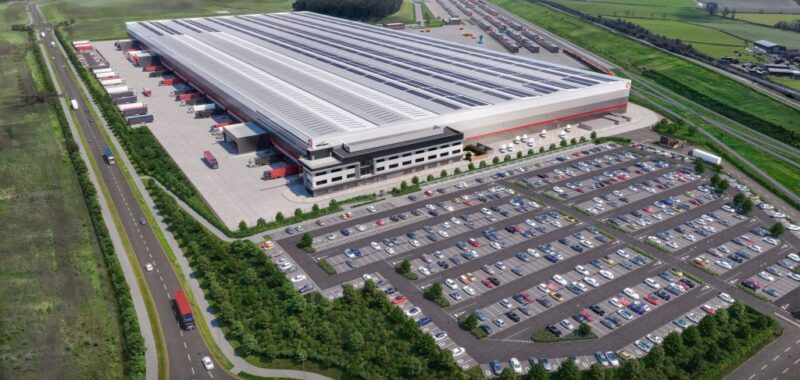Winvic has nearly doubled its profit thanks to strong demand for IT infrastructure.
The contractor, which was one of the first to benefit from the booming data-centre side of the industry, penned an £18.9m pre-tax profit for the year to 31 January 2024, up on the £10.5m it reported last time out.
However, turnover dipped below the £1bn mark, coming in at £958.8m compared with £1.2bn the year before.
But the contractor said it had “sustain[ed] our strong performance” over the year, partly by meeting “the growing demand for sustainable and innovative solutions” to building projects.
Winvic “retain[ed] our position as the UK’s leading industrial specialist by securing projects with new and returning clients and end users, including prominent developers, global brands and funds”, it said.
The firm added: “The demand for robust and scalable data centres has seen a remarkable surge, driven by the exponential growth in data-driven technologies, cloud computing and the increasing reliance on digital infrastructure.
“This presents a prime opportunity for us to explore new leads through new and existing clients within these emerging sectors.”
Winvic also forecast that it will have delivered 100 million square feet of industrial space by the end of the coming year.
The firm’s focus on the industrial sector continued into this year. In May, it scooped a 111,000 square metre project in the East Midlands (pictured).
Winvic said it had experienced a “successful year, both challenging and rewarding”, in the infrastructure sector. It pointed to two frameworks on which it had secured places over the course of last year – the £8bn Procure Partnerships Framework and a separate framework with Warwickshire County Council.
The company also commenced works on the first stage of the £1bn West Midlands Interchange, which it scooped in May 2022.
Winvic increased its annual dividends from £8.5m to £14.3m, while cash was down from £131.2m to £94.4m.
Its most highly paid director received £231,000, up from £211,000 the year before.

